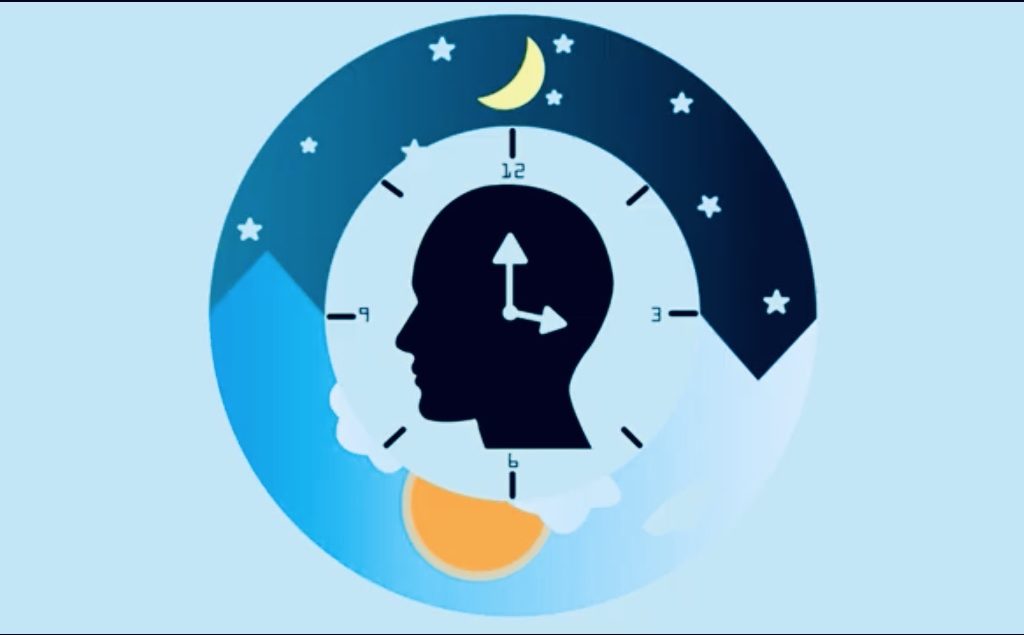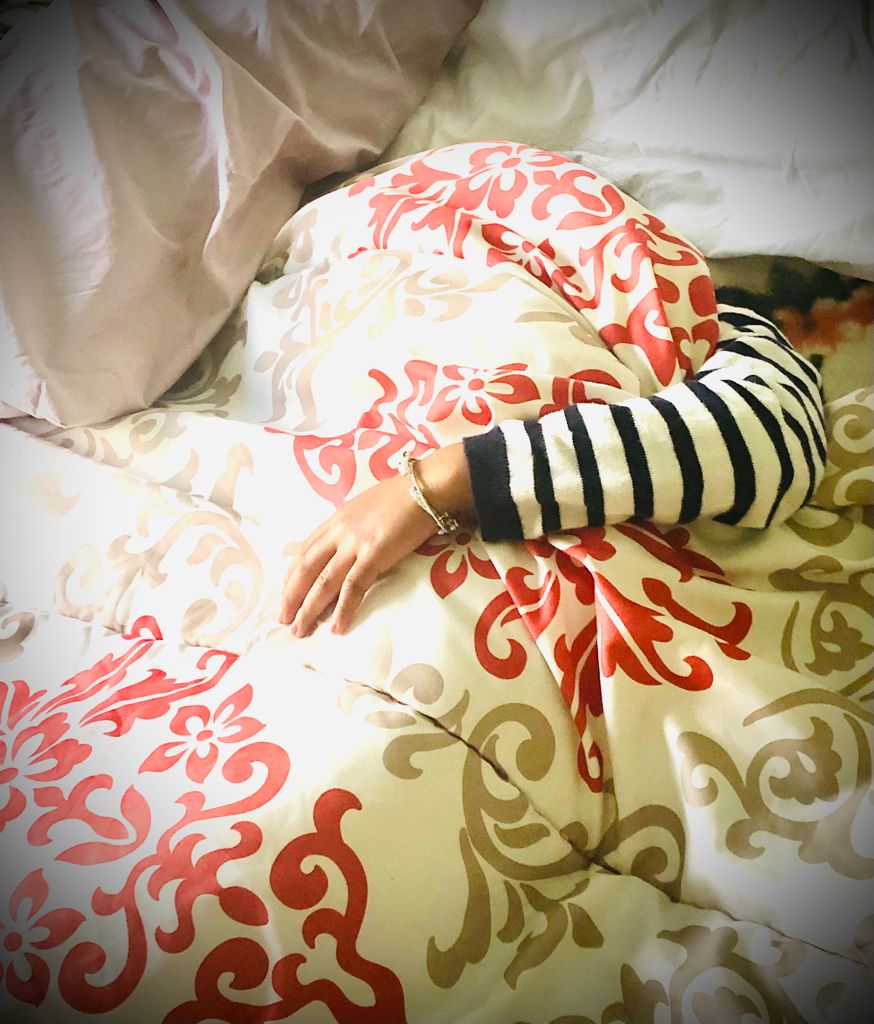Sleep is the best meditation
Dalai Lama
Sleep is a basic human need, just like eating, drinking and breathing. It is vital to good health. Sleep deficiency can cause serious health problems and even increases one’s risk of death. However, it can also inspire some sleep deprived stories that can be hilarious and help us shift gears out of a crabby lethargic slump.
- As a new intern, after a 30-hour call shift, I arrived home tired and sleepy. I was so delirious that I forgot to lift the cover from the toilet seat and started peeing. The warm sprinkles on my ankles woke me up. I was so mad at the mess I created.
- We were excited with the birth of our twins and booked a photography session 1 week after the delivery. After about 1 hour into the session the kids needed to be fed. My wife got the girls latched and we both snoozed. The photographer checked on us after 30 minutes to ensure we were still there! Thankfully, she was a mother of twins herself, so we all just laughed.
- As a sleep-deprived mom, my wife had pumped 5 oz and she put the bottle in the freezer uncapped. She was so pissed to find the milk coating the freezer floor the next day.

Now let me explain the science of sleep by answering some common questions about the siesta time.
1. Why do we sleep? How does our mind or body know that it is time to snooze?
There is continuing research to elucidate the basic mechanisms of sleep. A lot still needs to be understood. Many factors play a role in maintaining the sleep-wake cycle.
The first factor to help us sleep is via a chemical known as adenosine. This substance continues to rise in our brain when we are awake. The increasing level of this compound signals our brain to become drowsy and crave sleep. When we are asleep the body breaks down this chemical. Its decreasing levels thus help us in waking up.
The second important factor is our internal body clock. This clock is in sync with environmental signals such as light, and sound. Light signals perceived by eyes inform a special area in the brain that it is daytime. However, when it gets dark, the body releases a chemical known as melatonin. As evening progresses the amount of this chemical in the body peaks. This helps us feel lethargic and somnolent. This exposure to darkness is thus very important in helping us prepare to sleep. Exposure to bright light in the evening such as artificial light from TVs, computer screens can disrupt this cycle, thus inhibiting our ability to fall asleep.
As the dawn approaches and the sun rises, our body releases cortisol. This particular hormone prepares our body to wake up.

Isn’s it fascinating that our bodies have internal clocks and rhythms? Furthermore, this rhythm changes as we age. For example, in adolescence the melatonin peaks later in the 24-hour cycle. Thus most teens prefer to sleep late and wake up later than most adults and children.
2. How much sleep do we need?
The amount of sleep we need everyday changes over the course of our lifetime. Although, there can be some individual variations from person to person regarding the duration of sufficient sleep. However, American Academy of Sleep has provided some general recommendations for different age groups as presented below:
| Infants aged 4-12 months | 12-16 hours a day (including naps) |
| Children aged 1-2 years | 11-14 hours a day (including naps) |
| Children aged 3-5 years | 10-13 hours a day (including naps) |
| Children aged 6-12 years | 9-12 hours a day |
| Teens aged 13-18 years | 8-10 hours a day |
| Adults aged 18 years or older | 7–8 hours a day |
3. Are Naps enough?
Sometimes we don’t sleep enough and thus use naps to fight the drowsiness. Although these catnaps may provide a short-term increase in attentiveness and performance. However, these don’t provide all of the other benefits of night-time slumber. Thus, one cannot really make up for lost sleep.
Do you sleep enough? Do you feel rested the next day?
Well if you are not sure, I suggest using a sleep diary or your phone to create a weeklong log of sleep duration. Bad sleep habits and sleep loss will affect your health. Just like some of us try to achieve better health by understanding our eating habits and counting calories, or counting steps walked as a measure of activity and exercise, defining and totaling our sleep duration is as critical and imperative to good health.
Finally, I read it somewhere: “Your future depends on your dreams so go to sleep.”
Unknown

What was the most useful part of this article for you? How many hours do you usually sleep? Please share your thoughts and comments.
In my next blog I will address the adverse health impact of sleep deprivation and tips to improve sleep duration and quality.
Thank you very much for listening/reading. Keep Smiling!

The most interesting and educative part of this article is the chart of hours of sleep. It is very useful for a layman like me.
I usually sleep for 6 hours without using alarm or anything else to get up. I understand I sleep less but it is not in my control as I get up after 6 hours. Many a time I do not find mt self fresh but I am helpless
I am glad you found it useful. Thank you very much.